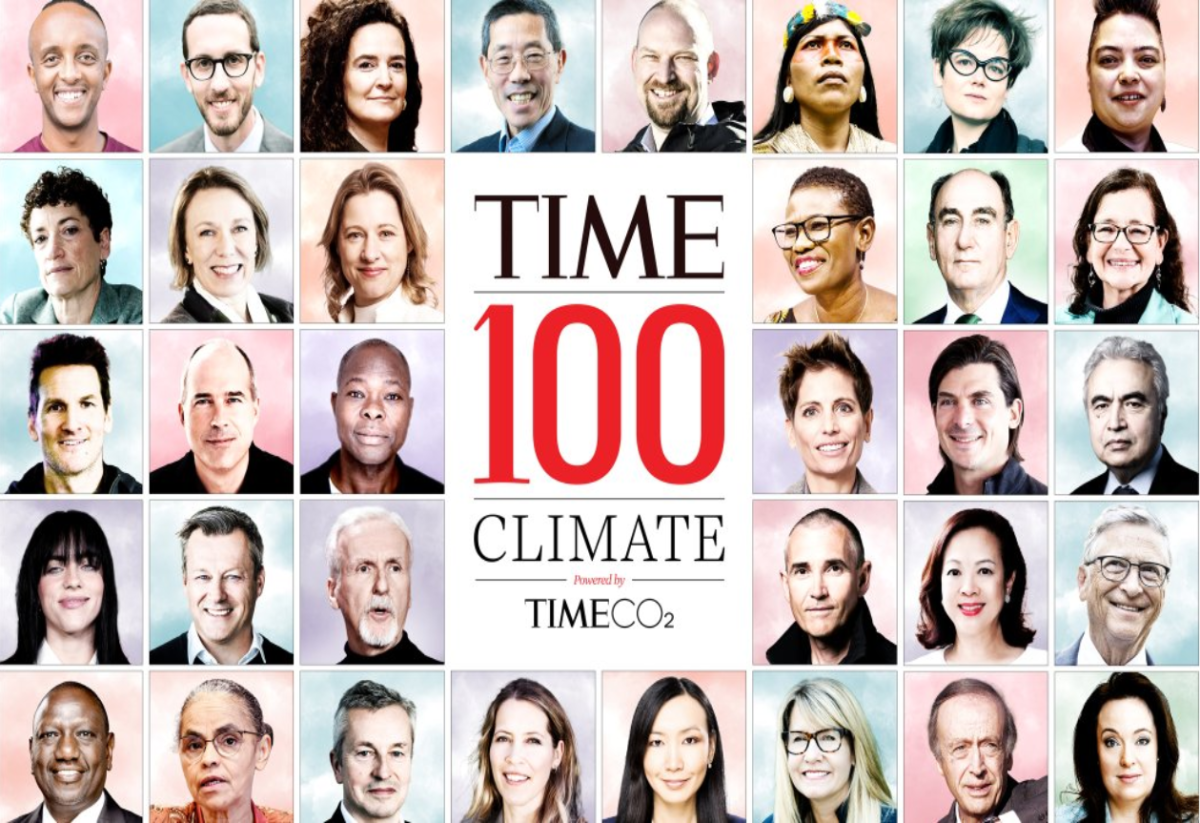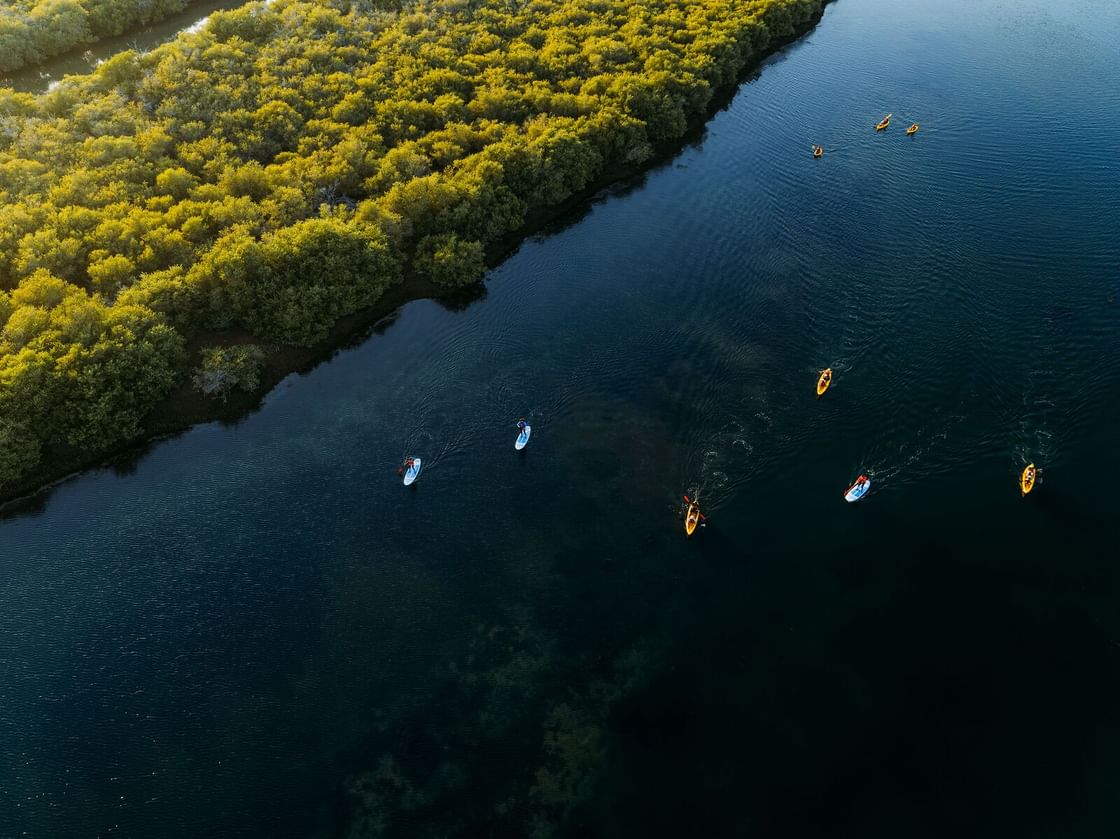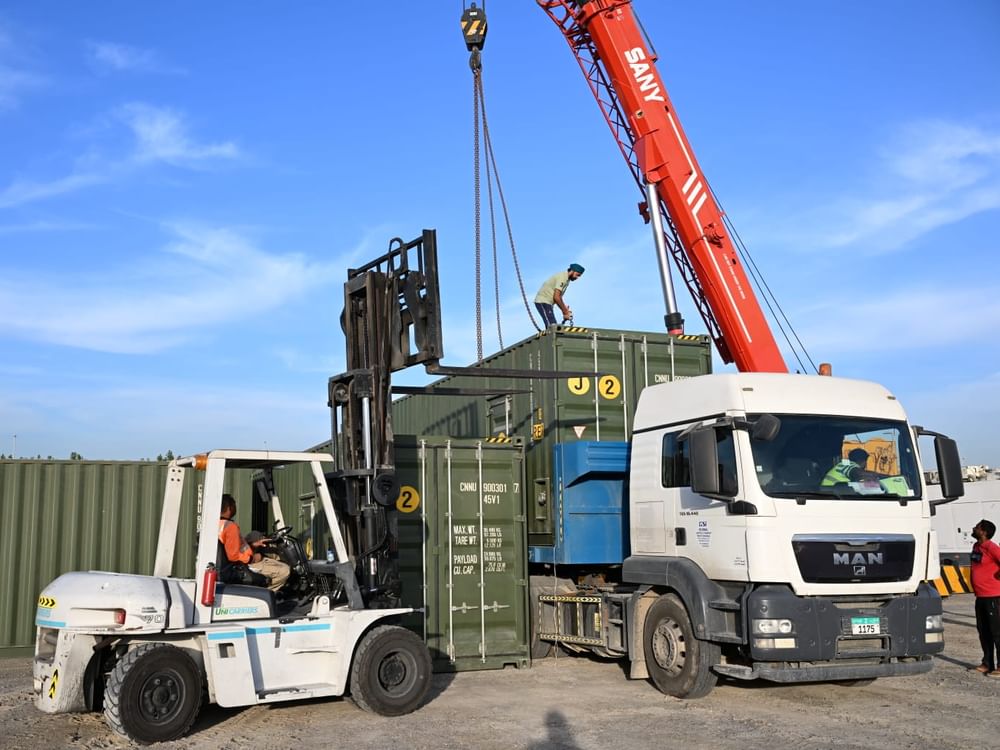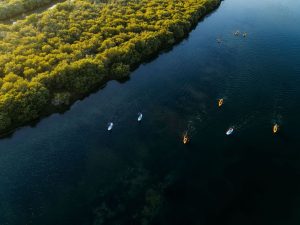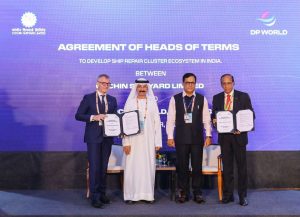Geeta Aiyer is founder and president of Boston Common Asset Management, a woman-led, employee-owned sustainable investment firm with nearly $5 billion in assets under management…reports Asian Lite News
Nine prominent leaders hailing from India have been named to the ‘Time 100 Climate’, the magazine’s first-ever list of the world’s most influential leaders driving business to real climate action.
The list, which includes CEOs, founders, philanthropists, musicians, policymakers and government officials from across the world, comes ahead of the 2023 UN Climate Change Conference, scheduled to take place in the United Arab Emirates (UAE) from November 30.
“It’s fair to say climate leadership is embedded across all of our coverage today. But we believe more could be done to draw attention to the people who are shaping and leading climate action,” Time said, releasing the list on Thursday.
According to Time, Ajay Banga, who began his five-year term as World Bank Group president in June, is ushering in a new mission for the institution — eradicating poverty while fighting climate change.
Banga is calling for more money to “widen the aperture” of the Bank to structure incentives and loans for projects that lower emissions and advance sustainable development.
He is also pushing to reduce how long it takes to approve projects, so that billions of dollars can quickly reach the countries that need it.
Some 70 per cent of the vehicles on India’s roads are mopeds and scooters, and Bhavish Aggarwal is leading the path to electrifying them.
He is the CEO and co-founder of Ola Electric, India’s largest maker of electric two-wheel scooters, and a market leader in micromobility generally, from taxis to ride-sharing.
This year, Ola launched its most affordable electric scooter ever, priced at Rs 79,999.
Rajiv J. Shah is president of The Rockefeller Foundation, which now works to ensure that all initiatives and investment strategies are focused through a climate lens.
This year, the Foundation partnered with the Global Energy Alliance for People and Planet to launch the Coal to Clean Credit Initiative. The aim is to develop a new carbon finance standard to spur a just transition away from coal-fired power plants to renewable energy in emerging economies.
Geeta Aiyer is founder and president of Boston Common Asset Management, a woman-led, employee-owned sustainable investment firm with nearly $5 billion in assets under management.
The firm prioritises investment in climate change mitigation, and uses shareholder engagement to push portfolio companies toward more sustainable business practices.
Jigar Shah is director of the US Department of Energy Loan Programs Office, which is responsible for the public investment of hundreds of billions of dollars into clean infrastructure and energy projects.
“The solutions to meeting the President’s decarbonisation goals are already within our grasp. It’s a matter of doing rather than waiting for a breakthrough,” Shah told the Time.
Manoj Sinha is CEO and co-founder of Husk Power Systems, which operates 200 minigrids across Asia and Africa, and reached profitability in India and Nigeria this year.
According to Sinha, the most important climate legislation that could pass in the next year is the imposition of a uniform carbon tax.
M. Sanjayan is a conservation scientist and CEO of Conservation International (CI), a non-profit working with governments and companies to conserve nature, primarily in the Global South.
Sanjayan’s skills as a science communicator have helped CI facilitate powerful partnerships for environmental protection.
The organisation created the Restore Fund in 2021 alongside Apple, which this year pledged $200 million in additional funding to support nature-based carbon removal technologies.
Seema Wadhwa is executive director for environmental stewardship for Kaiser Permanente, one of the largest health care providers in the US.
By 2050, it aims to be net zero.
Under Wadhwa’s leadership, this year Kaiser Permanente’s office in Santa Rosa, California, was recognised as the country’s first net-zero medical facility.
Amit Kumar Sinha is managing director and CEO of Mahindra Lifespaces, the real estate and infrastructure development arm of Indian conglomerate company Mahindra Group.
Since 2013, Mahindra Lifespaces says it has had an entirely green portfolio, prioritizing water efficiency, passive energy design, renewables, and more.
ALSO READ-New NZ PM sets out priorities, ‘Bread-and-butter’ issues top list

